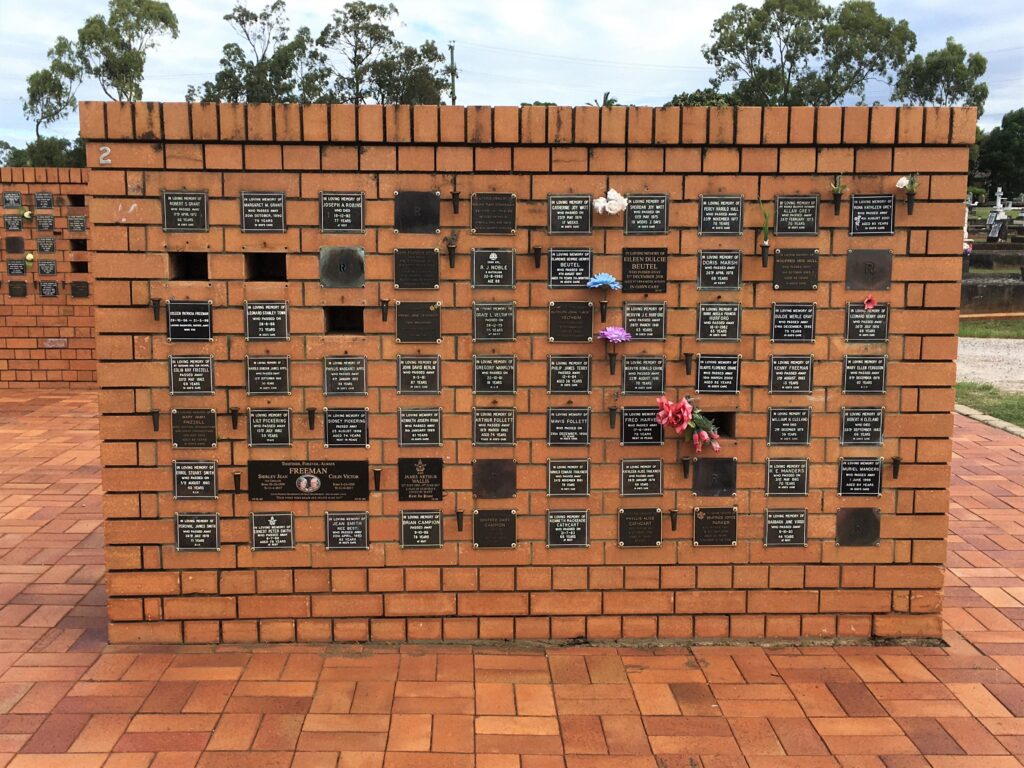Knowing what will happen when death arrives is so useful and practical—it is like a roadmap. After all, who wouldn’t look for clear directions before they travel somewhere new?
We all know that death is certain—no one ultimately evades death.
What we often forget is that death can come at any time.
For Buddhists, the moment of death is the most potent opportunity to practice. Indeed, it is the key opportunity to attain realization or a positive rebirth.
Thus, meditation practice in Buddhism is actually practicing for death. You are practicing so that you can have mindfulness and clarity in that moment when you are dying, so you are confident you are prepared to use the experiences after death for the best rebirth possible—or even complete and perfect liberation.
We must redefine the meaning of our practice so we can cultivate a feeling of rejoicing about the moment of death.
If we practice hard enough in our lifetime, the experience of death will be our absolute best opportunity to have the strongest result from all of the aspirations and practices we’ve cultivated in our Dharma life.
If we are duly prepared, I can promise that the moment of death will be an experience of rejoicing.
If we are not prepared, it will surely be a time of fear and regret.
When we think about death in this light, we should feel strongly motivated to practice every day.
Some people think that contemplating their own death will make them sorrowful. They would prefer not to think about it.
For a meditation practitioner, however, this is a great mistake. By avoiding thinking about the reality and moment of death, we are losing a chance to really motivate ourselves to practice.
We must reflect on our lives: there may only be a short time left.
Do we have the confidence and the tools to die skillfully? Have we done the utmost to practice properly?
Although we may plan how we would like to die and express our wishes to our friends and family, it may not always be possible to have someone next to us reminding us what to do. It is our responsibility to be prepared. No one can do this for us.
There is a metaphor in the Tibetan texts that says that one who receives teachings but does not gain experience through practice is like a farmer who doesn’t tend his own fields—even as he constantly tells others how they should tend theirs.
People today receive many teachings, but at the time of death have they gained enough experience to die well?
If we don’t rethink how we are spending our lives and investing our energy in terms of our practice, we will be like the farmer and have nothing to eat at harvest time.
Source: Anyen Rinpoche. Dying with Confidence: A Tibetan Buddhist Guide to Preparing for Death. Wisdom Publications. Kindle Edition.

Knowing what will happen when death arrives is so useful and practical—it is like a roadmap. After all, who wouldn’t look for clear directions before they travel somewhere new?
We all know that death is certain—no one ultimately evades death.
What we often forget is that death can come at any time.
(Anyen Rinpoche)
